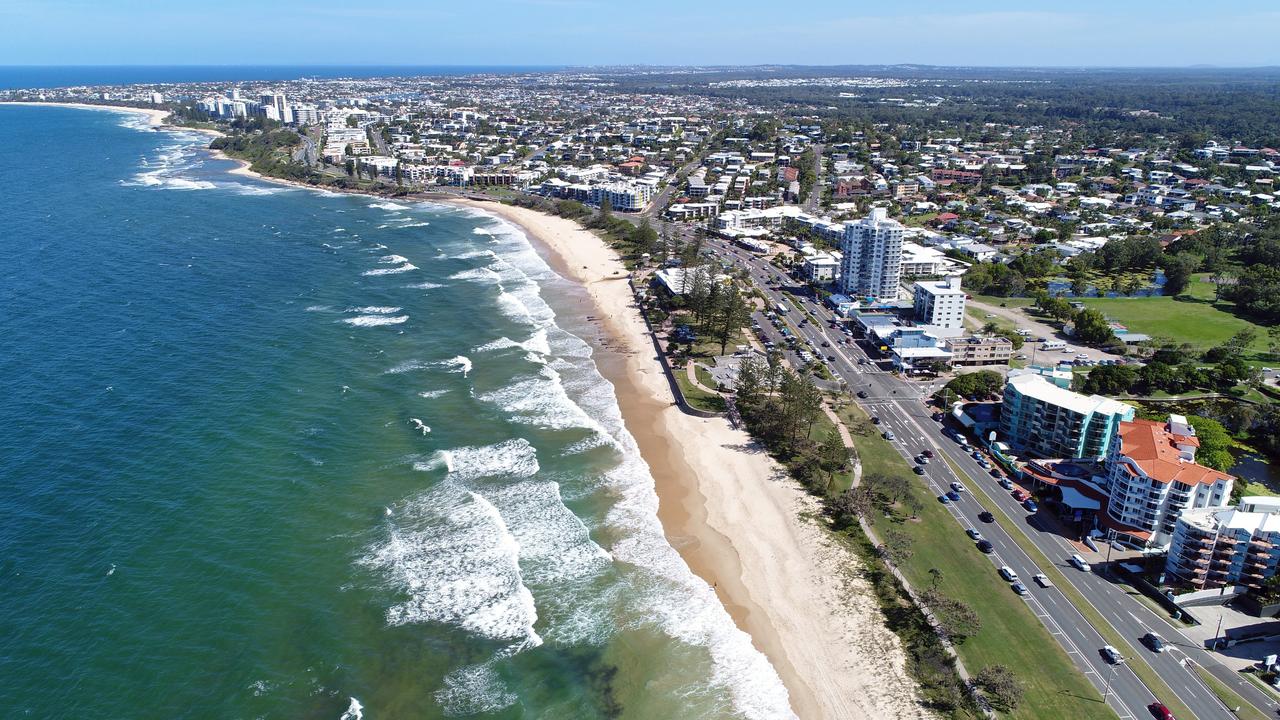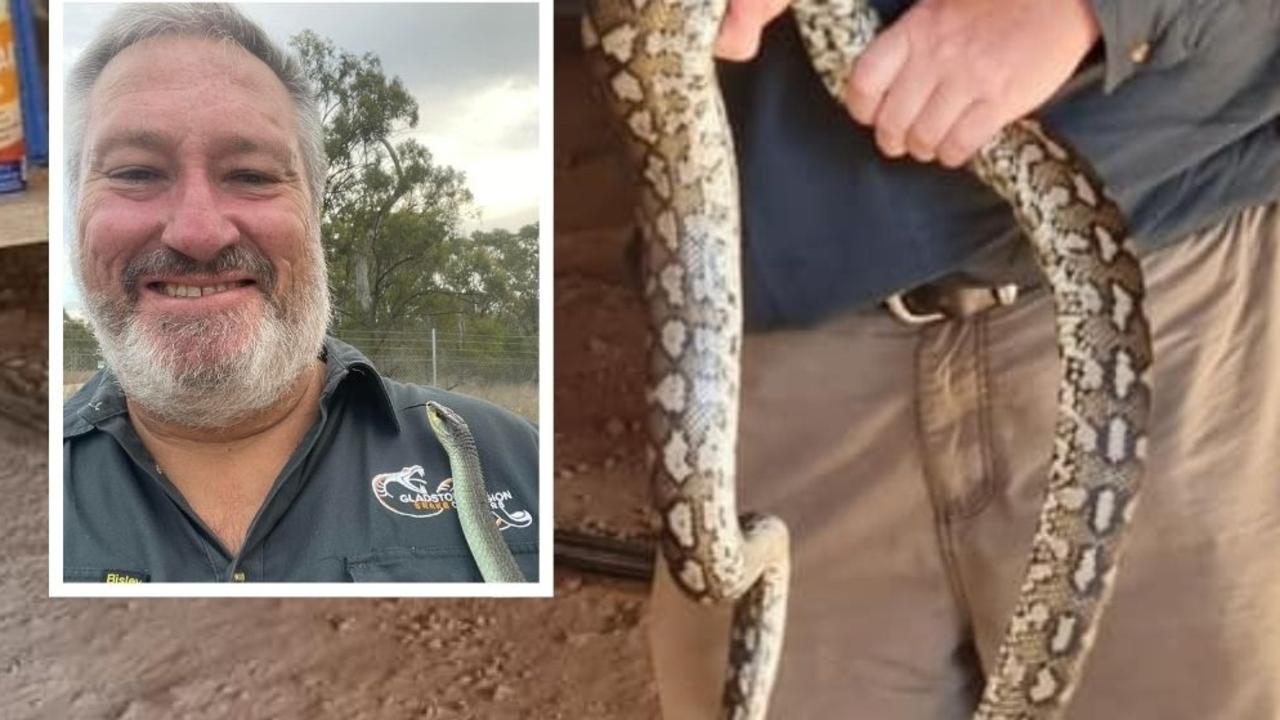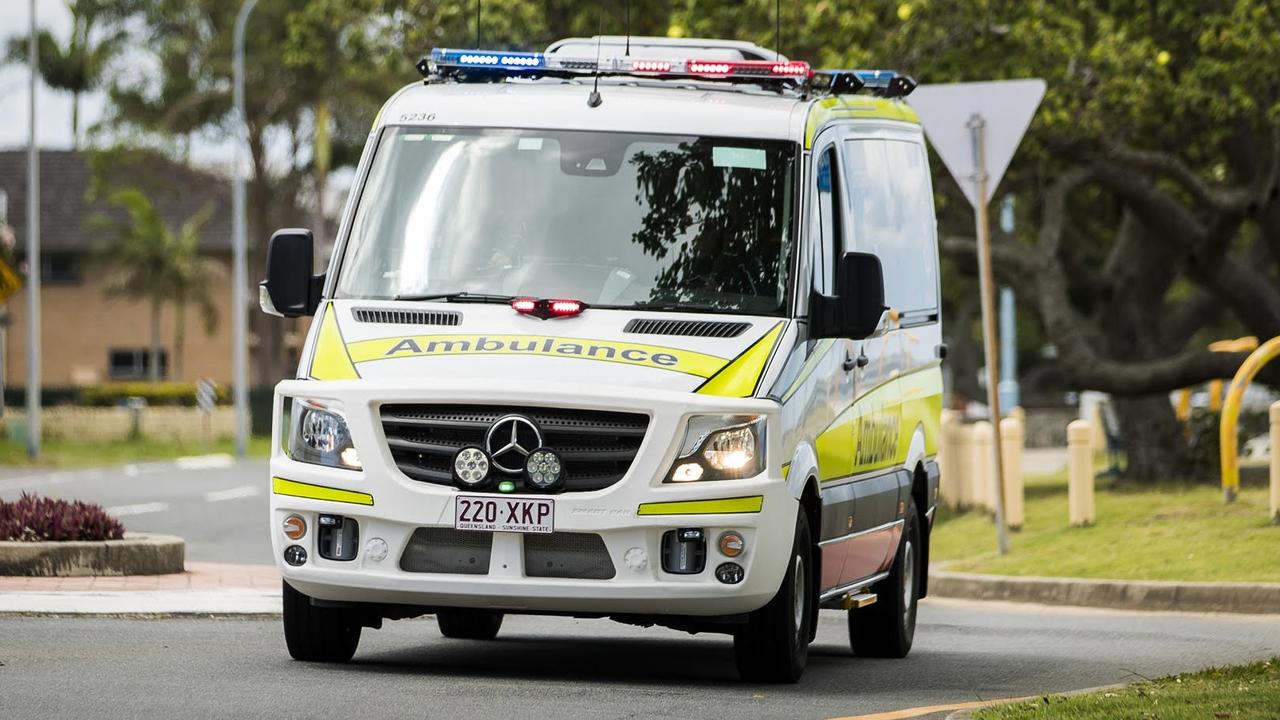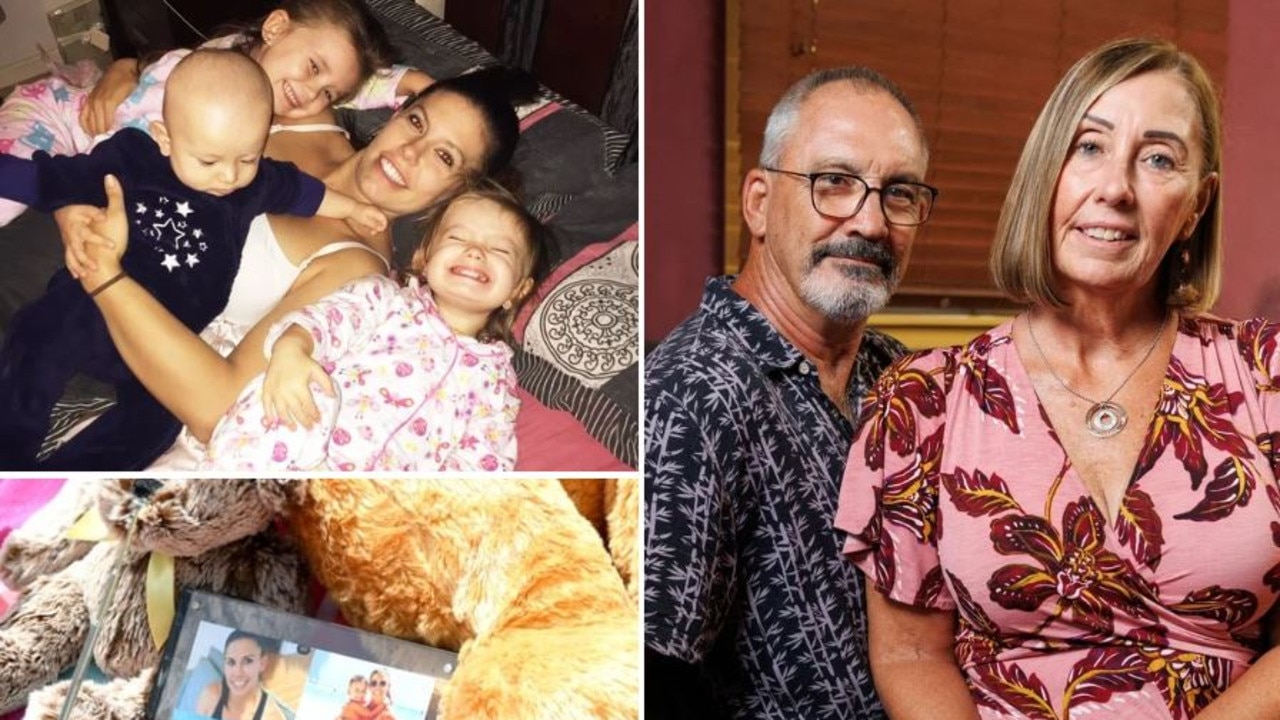Dementia Network 2020 Conference: Under the Umbrella
She asked the man sitting beside her, "Who are you?" Her husband of 40 years was startled then filled with sadness.
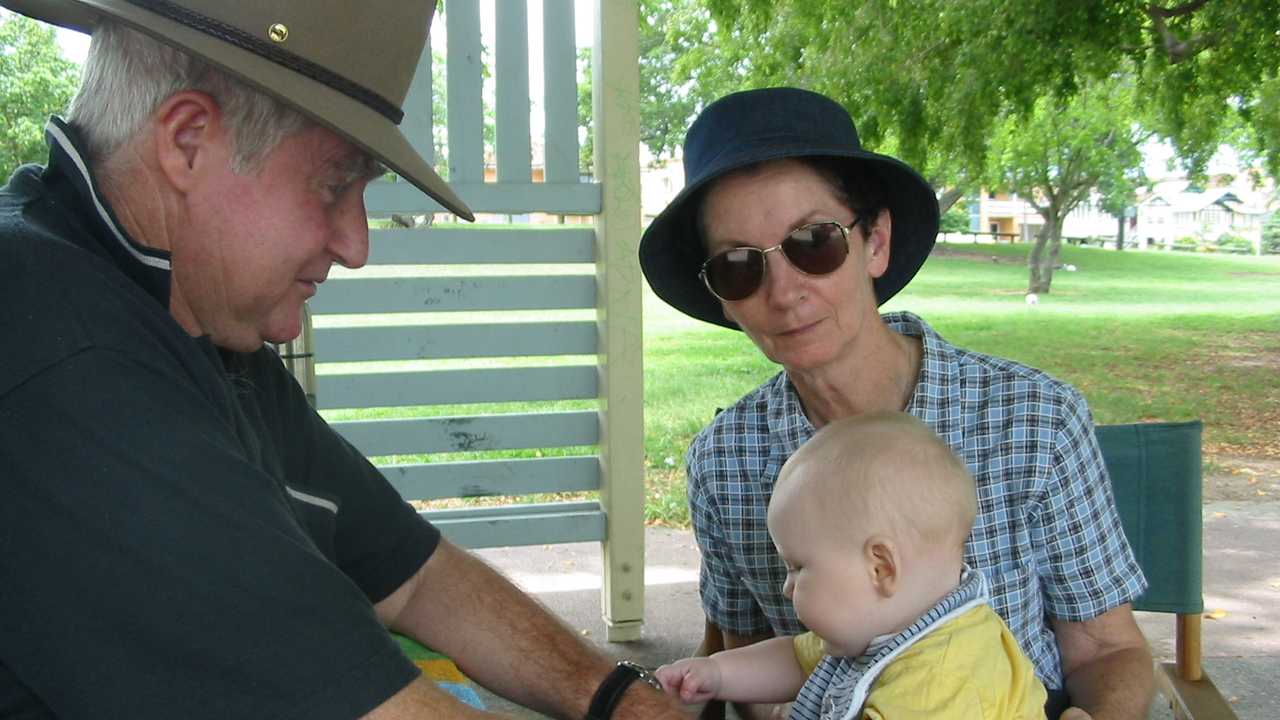
Sunshine Coast
Don't miss out on the headlines from Sunshine Coast. Followed categories will be added to My News.
She asked the man sitting beside her, "Who are you?" Her husband of 40 years was startled then filled with sadness.
This is the reality of the changes to be faced of a loved one who is diagnosed with dementia.
Changes in the brain become a catalyst for changes in all facets of life.
Dementia is a general term for progressive degeneration of the brain.
There are many forms of dementia but Alzheimer's disease is the major form of dementia.
Vascular dementia, Fronto-Temporal, Lewy Body dementia, Huntington's disease share similar symptoms of brain damage.
Related medical conditions such as Parkinson's, Down Syndrome, Multiple Sclerosis, Brain cancer, Brain trauma, Stroke, or Alcohol and Drug Toxicity may have outcomes of dementia.
Symptoms may include:
- loss of memory
- difficulty in finding the right words or understanding what people are saying
- difficulty in performing previously routine tasks
- personality and mood changes
Resulting in changes of doing daily living tasks and relationships.
Dementia Journey: People may show signs of memory loss such as losing objects, forgetting to pay bills, take medications and attending appointments. Some people may become unusually withdrawn or more outgoing. The time will come when these changes become more obvious and a GP check-up is required.
A GP can diagnose through a range of tests and can refer to specialists like geriatricians, psychiatrists or neurologists.
We need the GP to also refer to supportive organisations. Once diagnosed the person needs to ensure that Enduring Power of Attorney, Will, Advance Health Directive and other decisions on finances and funerals are put in place.
Mental capacity will be lost so a network of protection from families, friends or services like Public Trustee needs to be established.
People with dementia can live active and positive lifestyles in the early stages. They may need support to make decisions, to have conversations, reminders of people, places, times and tasks.
As the brain deteriorates more support is required from the family carer and in-home care services for showering, dressing, toileting, and mobility assistance.
The relationship changes from husband, wife, son, daughter to carer and care recipient. The carer role can be all consuming ensuring their loved one is safe from falling over, becoming lost and maintaining health and dignity with hygiene and grooming.
The carer can become isolated and lonely and needs care as mental and physical health can be impacted by the need to be a 24 hour a day carer.
Full-time care is needed eventually, usually in a residential aged facility (nursing home) or extended services in the home provided My Aged Care or NDIS for those younger than 65 years of age. Palliative care will be required at the end of the dementia journey.
The Sunshine Coast Dementia Network operated by volunteers is organising a, Dementia Conference: Under the Dementia Umbrella at Mooloolaba TAFE.
Monday, 21st September (World Alzheimer's Day) has a range of speakers on dementia, the carer's role,
In Australia dementia is the largest cause of death for women and the second largest cause of death for men.
Originally published as Dementia Network 2020 Conference: Under the Umbrella

